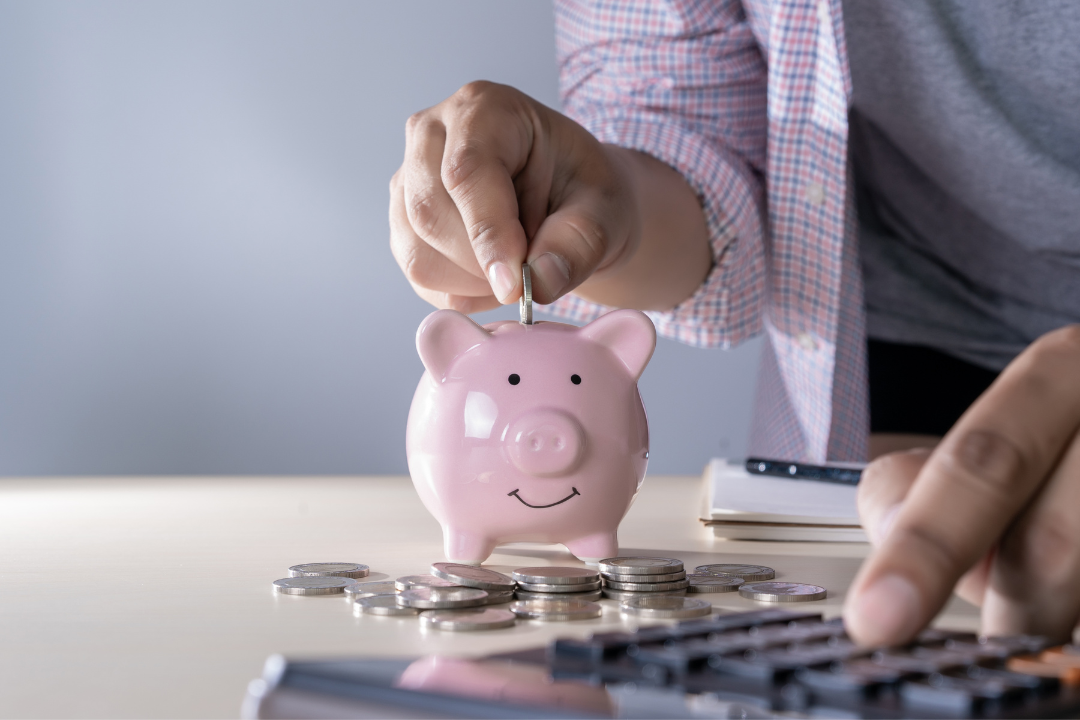Everyone desires financial peace of mind, but only a few can achieve it. An emergency fund is a key component to achieving this peace of mind.
It is a savings account for unexpected expenses such as job loss, medical emergencies, or unexpected home or car repairs. Despite its importance, many people still do not have an emergency fund in place.
This article will discuss why having money that can be accessed easily is crucial, how to make an emergency fund from scratch, and the benefits of having one.
Why is building an emergency fund necessary?
Unexpected events can happen to anyone at any time. Having an emergency fund ensures that you are prepared for these events and can handle them without going into debt.
According to a survey by Bankrate, 62% of Americans have less than $1,000 in savings, and 21% have no savings. This means that most Americans do not have the financial cushion they need to handle unexpected expenses. It is interesting to note that the saving of Asaian is much higher than that of Americans and Western countries.
Moreover, credit card debt is rising, with the average American household carrying over $6,000 in credit card debt. This debt can quickly spiral out of control if an unexpected expense arises and there is no emergency fund to fall back on.
How to build an emergency fund from scratch
Building an emergency fund can seem overwhelming, especially if starting with zero savings.
However, building one from scratch with the right approach and a little discipline is possible. Here are some steps to get started:
- Determine your emergency fund goal: The first step to building an emergency fund is determining how much you need to save. A good rule of thumb is to have three to six months’ worth of living expenses saved in your emergency fund.
- Set a budget: To save money, you must have a budget. This will help you track your expenses and identify areas to cut back.
- Automate your savings: Once you have a budget, automate your savings. This means setting up a direct deposit from your paycheck into your emergency fund account. This way, you will not be tempted to spend the money on other things.
- Find ways to increase your income: If you are struggling to save money, consider finding ways to increase your income. This could mean taking on a side hustle, asking for a raise, or selling items you no longer need.
- Be patient: Building an emergency fund takes time and discipline. Therefore, it is essential to be patient and not to get discouraged if it takes longer than expected.
- Prioritize your savings: Make sure that building your emergency fund is a priority in your budget. This means prioritizing your savings over other expenses, such as dining out or entertainment.
- Consider a high-yield savings account: Consider opening a high-yield savings account to help your emergency fund grow faster. These accounts typically offer higher interest rates than traditional savings accounts, allowing your money to grow faster.
The benefits of having an emergency fund
Having money that can be accessed easily provides numerous benefits, including:
- Financial security: Knowing you are prepared for unexpected events provides financial security and peace of mind. You can handle any financial emergencies that may arise without having to worry about going into debt.
- Avoiding debt: Having money that can be accessed easily helps avoid debt when unexpected expenses arise. You won’t have to rely on credit cards or loans to cover unexpected expenses, allowing you to control your finances.
- Improved credit score: By carefully managing debt, you can also improve your credit score. A strong credit score is essential for obtaining loans, mortgages, and other forms of credit.
- Flexibility: It allows you to take advantage of possible opportunities, such as a job offer in a different city or a once-in-a-lifetime vacation. You won’t have to worry about being financially constrained, allowing you to seize opportunities as they come.
- Reduced stress: Knowing you have additional money can significantly reduce stress and worry. You’ll be able to handle unexpected financial events confidently and easily, allowing you to focus on other aspects of your life.
- Peace of mind: Knowing that you are financially prepared for unexpected events can bring peace of mind. This peace of mind can significantly improve your overall well-being and quality of life.
The Bottom Line
Building an emergency fund is crucial to achieving financial peace of mind.
It provides financial security, helps you avoid debt, improves your credit score, and provides flexibility. By prioritizing your savings and finding ways to increase your income, anyone can build such a fund from scratch.
With its numerous benefits, having money that can be accessed easily is an essential component of a strong financial plan.
